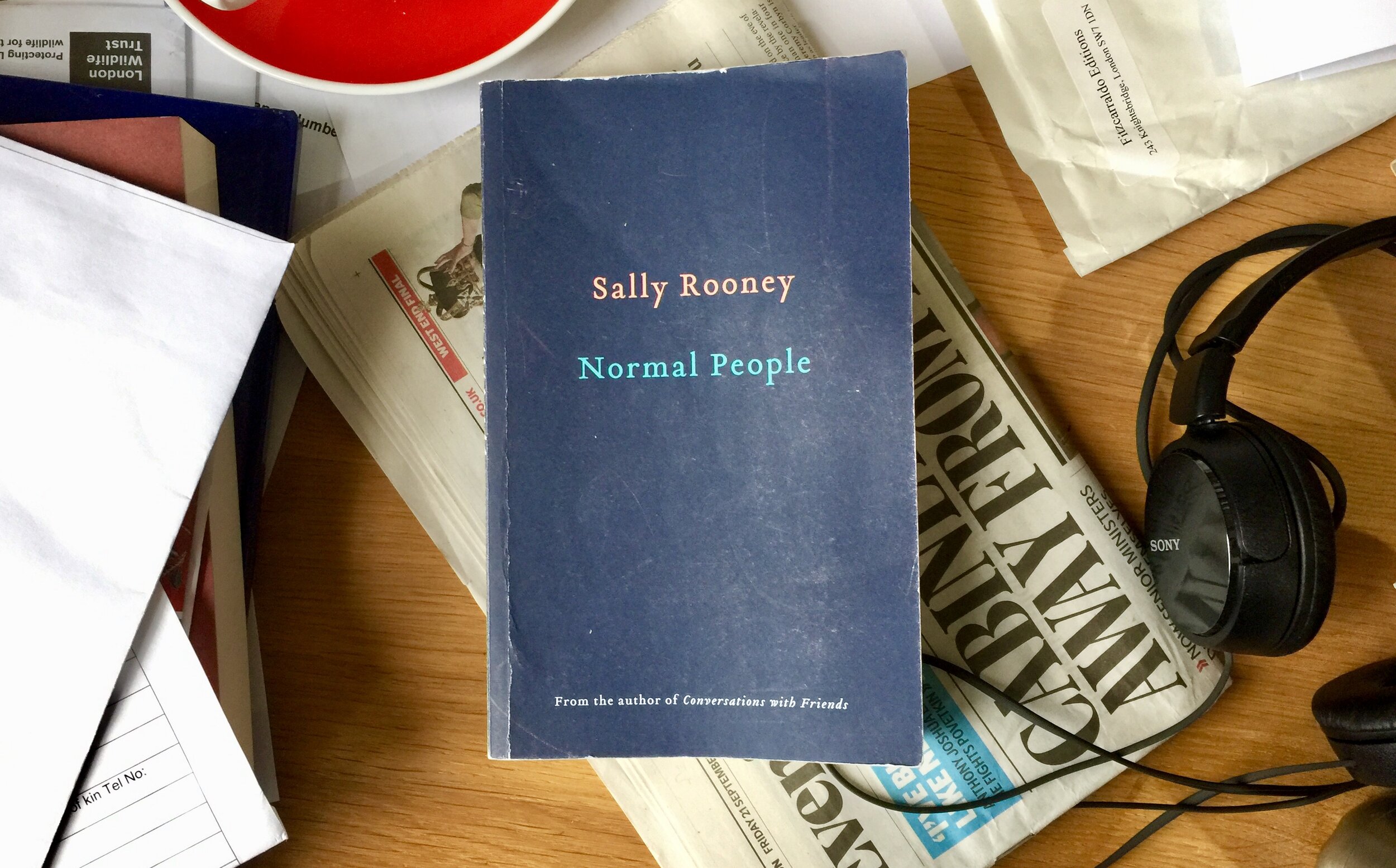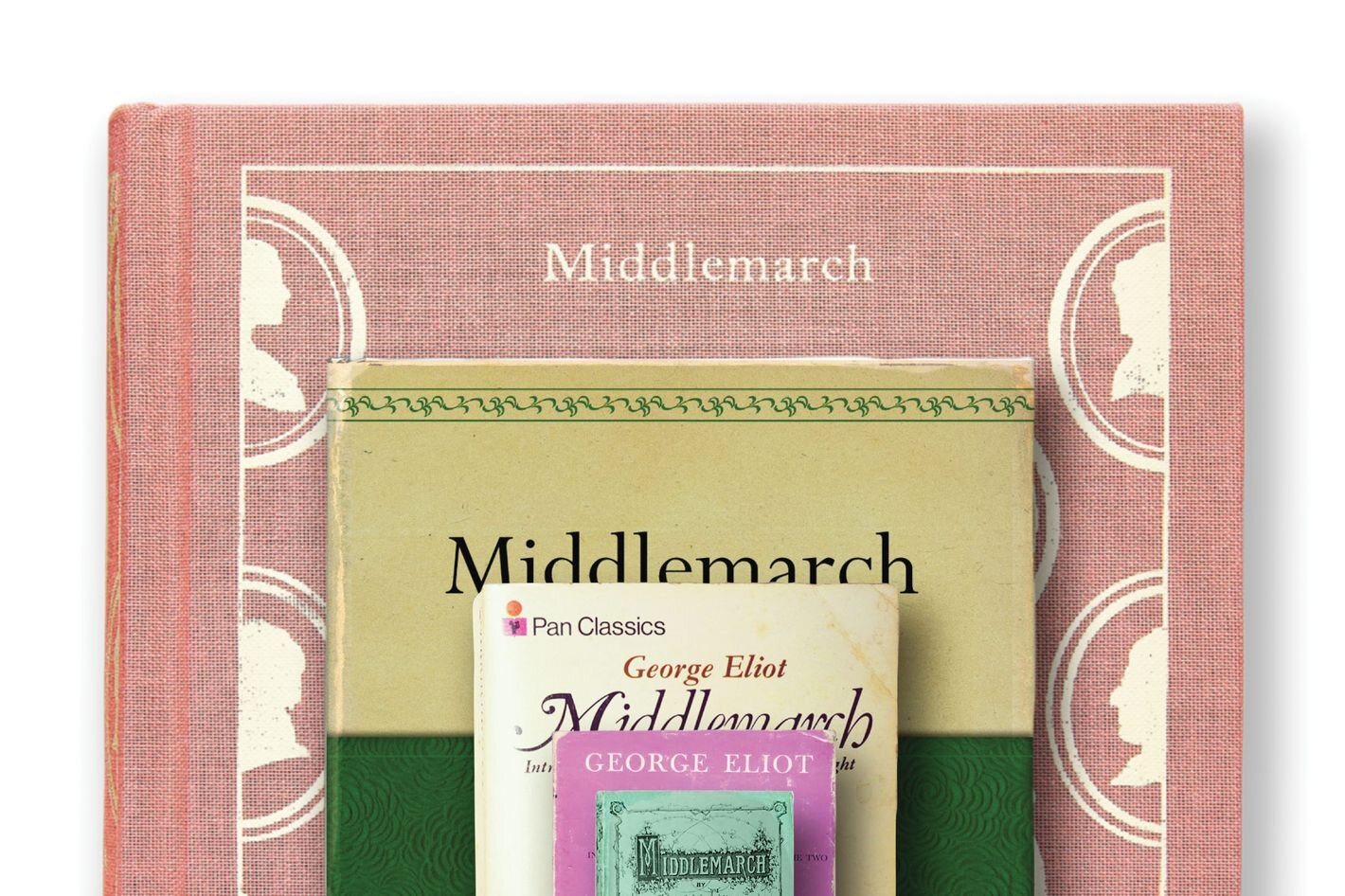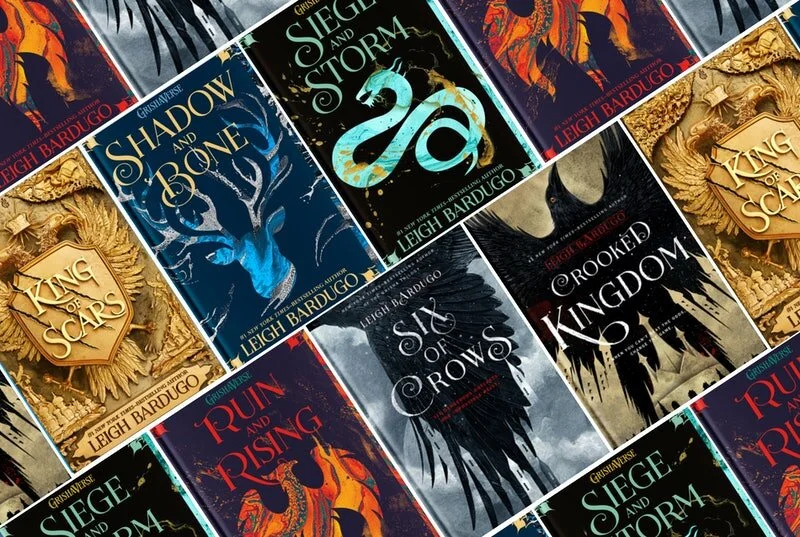How Irish Author Sally Rooney Is Redefining The Modern Romance Novel
Warning: minor spoilers ahead!
Sally Rooney, the twenty-nine-year-old Irish author of novels Normal People and Conversations With Friends, has captured the admiration of readers around the world this year. Her books, which already received high acclaim upon their initial release, found themselves back in the spotlight this year after the BBC television adaptation of Normal People was released in April on Hulu. Viewers and readers fell in love with Marianne and Connell, two teenagers from the small town of Carricklea who can’t seem to stop orbiting each other during their college years in Dublin. Luckily for Rooney’s fans, BBC Three recently announced its plan to adapt her debut novel, Conversations With Friends, into its own television series. Rooney is more than deserving of all the recent attention her work has received, and hopefully there is more to come. Her work is groundbreaking for so many reasons, but especially for the way she is redefining the modern love story as we know it.
In Normal People, Marianne and Connell grew up in the same small town and attend high school together, but Marianne is the nerdy bookworm while Connell is a popular but shy jock who ignores her in school. They are drawn to each other as they struggle to fit in with everyone else in the small town. Over the next five years, they continue to break up and get back together as they come of age, always hesitant to define their complicated relationship. Marianne supports Connell through his struggles with mental health while Connell protects Marianne when she confronts her abusive home life. It is easy for readers to grow frustrated with the silly reasons they stay apart—at one point, Connell is too embarrassed to ask Marianne if he can move in with her when he loses his job. The resolution is open-ended, which is almost infuriating after so many chapters of back-and-forth.
But relationships in real life never have a neat and happy ending with a final chapter, as we all know. So many popular romance stories we read today follow a formula: girl and boy meet in an unexpected place, they banter, they kiss, they fight, and then boy frantically chases after girl to declare his love before she can catch her taxi. We love and need those stories, but sometimes we don’t realize how painfully unrealistic they are. Rooney invites us into the inner worlds of two normal people’s messy, painful, and honest relationship, resulting in a deeply frustrating story that is far more reflective of our experiences in real life. In fact, the television adaptation received high praise and international attention for its hyper-realistic, sometimes awkward sex scenes which play out in real time. Normal People is a “love story,” but a different kind of love story about intimacy, trust, and friendship that avoids simplistic labels and benchmarks.
The same can be said of Conversations With Friends, a novel about two best friends, Bobbi and Frances, who befriend a married couple, Nick and Melissa. They all become romantically entangled in a complex web, putting Bobbi’s and Frances’ friendship at risk. But when Frances begins seeing Nick, everyone resists the temptation to view their relationship as an inappropriate affair. Bobbi tells Frances, “You can love more than one person. Why is it any different from having more than one friend? You’re friends with me and you also have other friends, does that mean you don’t really value me?” Conversations With Friends challenges readers to view the classic romance plot from a new perspective and recognize that other equally rewarding narratives are possible.
When asked what she hopes readers will take away from her debut novel, Rooney said, “For myself, I would like the book to offer a little solace in dark times...by defending in some small way the possibility of love.” Ultimately, all of Rooney’s work is a celebration of love, the everyday miracles of healthy relationships. Her novels offer urgent, necessary representations of romance in the twenty-first century. While I eagerly await the television adaptation of Conversations With Friends, I’ll be here rewatching and rereading Normal People over and over again.











